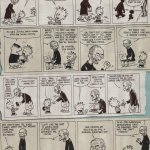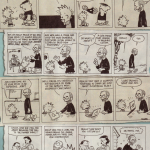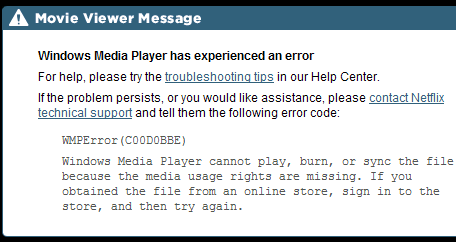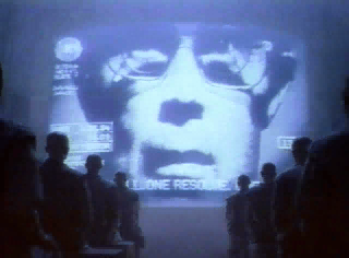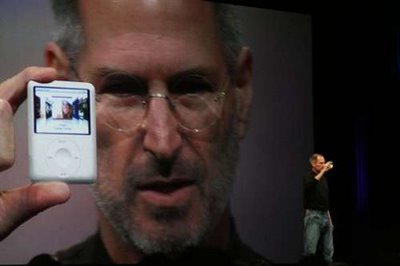Steve Jobs confirmed what I have long suspected: he has no clue at all what a typical consumer’s usage-model is for their personal computers:
A recurring question among Apple watchers for decades has been, “When is Apple going to introduce a low-cost computer?
Mr. Jobs answered that decades-old complaint by stating, “We don’t know how to build a sub-$500 computer that is not a piece of junk.†He argued instead that the company’s mission was to add more value for customers at current price points.
However, he gave a more nuanced answer to the question of whether Apple plans to jump into the “nascent†market for netbooks, essentially restating his comments on the question from last week at the Macbook introduction in Cupertino by saying the company was taking a wait-and-see attitude.
At the same time, he noted that the company already had a powerful entry in the category: the iPhone. (By that standard, Apple is already the dominant netbook manufacturer by orders of magnitude.)
The idea that the iPhone – sexy and cool as it is – is equivalent to a netbook is laughable. But what’s the real implication of Job’s comment? Is the iPhone a computer? If it’s a netbook, then yes, but it’s also sub-$500 in cost and therefore by Jobs’ own standard, “a piece of junk”. If the iPhone is not a computer, but a phone, then how can it be a netbook?
What IS a netbook? In essence, a small but full-fledged computer, weighing 3lbs or less, with full wireless capabilities and a real, physical keyboard. The gold standard is the Asus EEE, which has the added feature of a solid-state drive, which in my opinion is the must-have feature that provides power economy for all-day computing as well as boosted performance. The key however is that the netbook must be fully-functional, ie it should be able to run any software that the user desires. This idea behind a netbook is to be able to connect and compute anywhere. Since the iPhone is a locked-down device which only runs permitted applications, it can not and never be a true computing replacement. On my EEE, I can run MATLAB for scientific calculations, write a paper in Microsoft Word, edit my website templates, pay my bills, and even do an impromptu podcast. On the iPhone, you can only do what the pre-approved apps in the Apple software store permit you to do.
Now, it must be noted that Google’s Android platform – which is now officially open-source – does provide full-functionality computing. The only difference between an Android phone and a netbook will be the keyboard, and it’s not hard to imagine a simple keyboard-cum-case being developed that slots the phone in if you really need traditional typing ergonomics. Apple makes a nice device but it’s way out of its league here in even comprehending why netbooks matter, let alone it’s absurd claim to already be making them. Nice phone, though.
